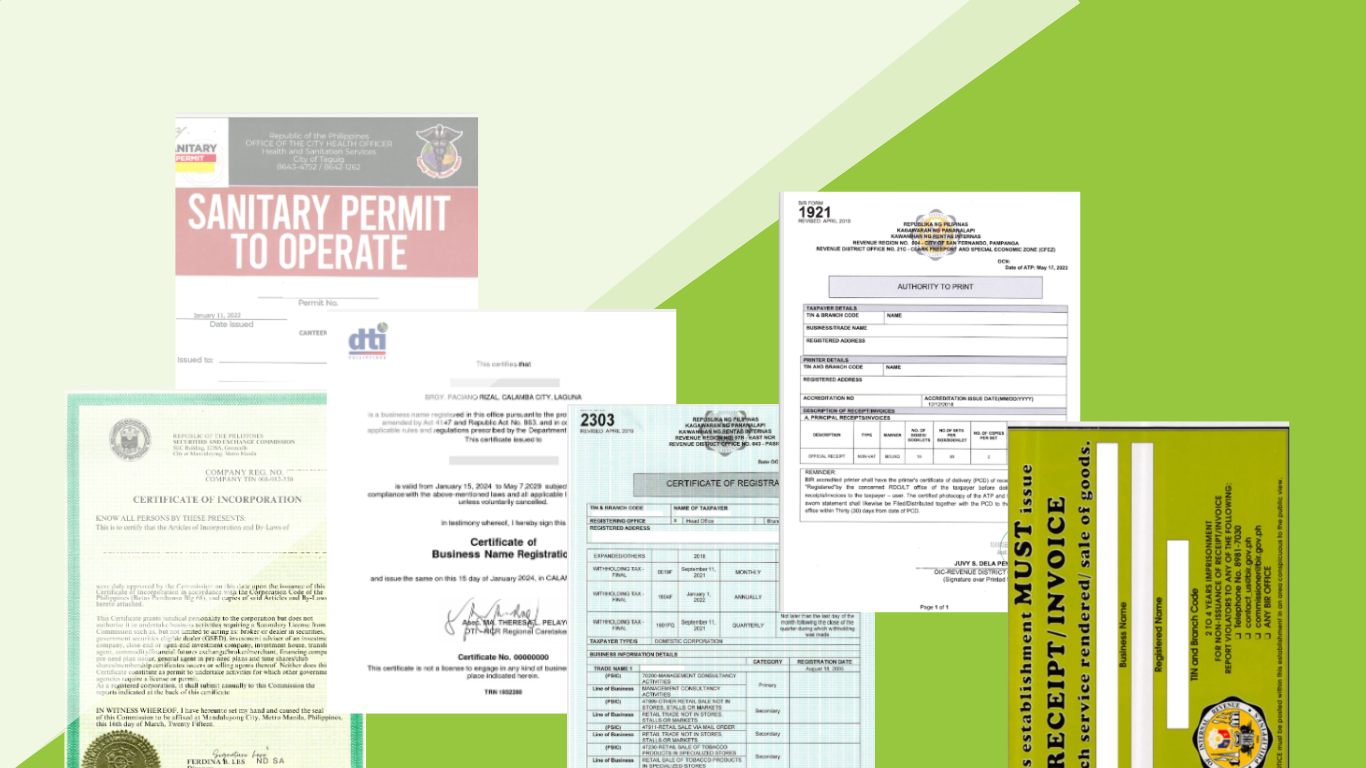As businesses increasingly embrace remote work and flexible solutions, virtual offices have emerged as a popular option. However, choosing the right virtual office provider is crucial for ensuring that your business runs smoothly and meets its operational needs. With numerous providers in the market, making the right decision can be daunting.
Importance of Choosing the Right Virtual Office for Business Niche
Choosing the right virtual office is crucial for your business niche because it establishes credibility and professionalism, which can significantly influence client perceptions and trust. A prestigious or strategically located address not only enhances your brand image but also aligns with your target market’s expectations, improving networking opportunities and local SEO. Additionally, it ensures compliance with legal requirements and allows for flexibility and scalability as your business grows. Ultimately, a well-chosen virtual office address can foster stronger client relationships and position your business for long-term success in a competitive landscape.
Guide on Choosing the Best Virtual Office Provider in the Philippines
The following must be considered when choosing the best virtual office provider in the Philippines:
1.) Assess Your Business Needs
Before searching for a virtual office provider, take time to assess your business needs. Consider factors such as location, services, and flexibility.
2.) Define Your Budget
Establish a budget for your virtual office expenses. Understanding what you can afford will help narrow your options and ensure that you select a provider that aligns with your financial constraints.
3.) Research Potential Virtual Office Provider
Look for reviews and testimonials from current or former clients. A reputable provider will have positive feedback regarding their services, customer support, and overall reliability. Also consider the provider’s experience in the virtual office industry. Additionally, if your business operates in multiple regions or has plans for expansion, consider a provider with a wide range of locations. This flexibility can be advantageous for businesses looking to establish a presence in various markets.
4.) Evaluate the Services Offered
Examine the core services provided by each virtual office provider. Common services include:
a. Business Address: A professional address for registration and correspondence.
b. Mail Handling: Receiving, forwarding, or scanning mail.
c. Call Answering: Dedicated phone lines with professional call answering services.
d. Meeting Rooms: Access to professional meeting spaces as needed.
e. Administrative Support: Availability of administrative assistance, such as secretarial services.
In addition to core services, consider any additional offerings that may benefit your business. This could include:
a. Event Spaces: Availability of venues for hosting events or workshops.
b. Networking Opportunities: Access to a community of other businesses for networking and collaboration.
c. IT Support: Technical support for virtual communication tools or equipment.
5.) Consider Technology and Infrastructure
A good virtual office provider should have reliable technology to support their services. Investigate whether they offer:
a. Secure Communication: Ensure that they use secure systems for handling sensitive information.
b. User-Friendly Platforms: Access to user-friendly platforms for managing services, such as scheduling meeting rooms or accessing mail.
With the increasing reliance on digital tools for remote work, choose a provider that offers support for various communication and collaboration tools. This will facilitate seamless interaction between your team members and clients.
6.) Assess Customer Support
Effective customer support is essential when choosing a virtual office provider. Assess their availability and responsiveness by:
a. Contacting Support: Reach out with questions to gauge response times and the quality of assistance.
b. Reviewing Support Options: Check whether they offer multiple support channels, such as phone, email, or live chat.
A smooth onboarding process can significantly impact your experience with a virtual office provider. Inquire about their onboarding procedures and the level of support you can expect during the transition.
7.) Understand the Terms and Condition
Review the terms of the contract carefully. Look for details regarding the length of the agreement, cancellation policies, and any hidden fees. A provider offering flexible contract terms may be more suitable for businesses that require adaptability.
Ask about any potential hidden fees associated with the services provided. Understanding the full cost structure will help avoid surprises later on.
8.) Schedule a Visit or Consultation
If possible, schedule a visit to the provider’s physical location. A tour can give you a better sense of their facilities and professionalism. You can also evaluate the meeting rooms and common areas to see if they meet your standards.
Many providers offer free consultations. Use this opportunity to ask questions, discuss your business needs, and evaluate their willingness to accommodate your requirements.
Final Thoughts
Choosing the right virtual office provider is a critical decision that can significantly impact your business’s efficiency and professionalism. By assessing your needs, researching potential providers, evaluating services, and understanding the terms, you can make an informed choice that aligns with your operational goals.
A well-chosen virtual office provider can enhance your business’s credibility, provide essential services, and support your growth in an increasingly digital world. Take the time to do your research and choose wisely to ensure a successful partnership that contributes to your business’s success.



